Browse our archives by topic…
Blog
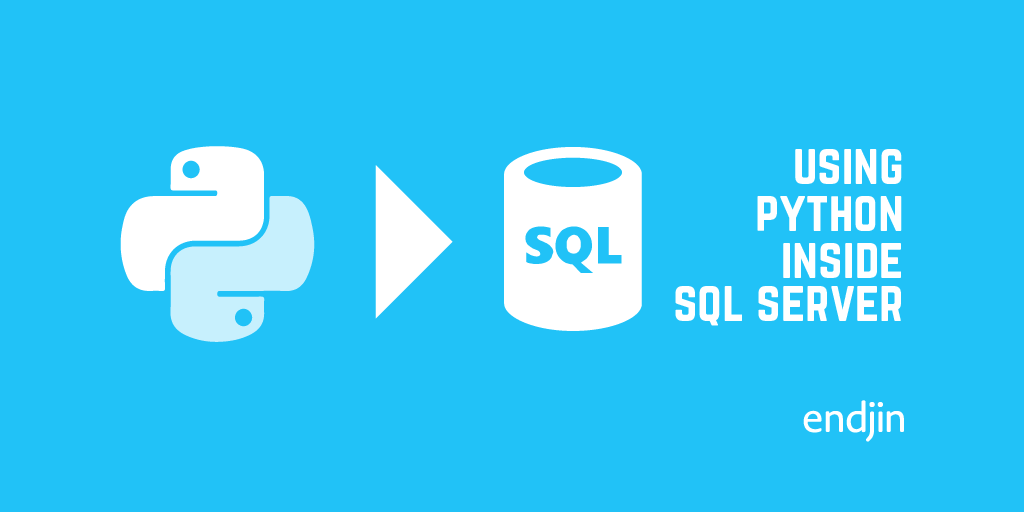
Using Python inside SQL Server
Learn to use SQL Server's Python integration for efficient data handling. Eliminate clunky transfers and easily operationalize Python models/scripts.

Snap Back to Reality – Month 2 & 3 of my Apprenticeship
Learn what types of things an apprentice gets up to at endjin a few months after joining. You could be learning about Neural Networks: algorithms which mimic the way biological systems process information. You could be attending Microsoft's Future Decoded conference, learning about Bots, CosmosDB, IoT and much more. Hopefully, you wouldn't be in hospital after a ruptured appendix!

How we set up daily Azure spending alerts and saved $10k
Read how we set up Azure spending alerts and saved over $10k

We're talking about Cosmos DB at Future Decoded 2017!
We have lots of experience working with Azure Cosmos DB, and we're sharing some of our knowledge at Microsoft's Future Decoded event.

Simon Sinek's "Start With Why" is the prequel to Satya Nadella's "Hit Refresh"
Having read Simon Sinek's 'Start With Why: How Great Leaders Inspire Everyone To Take Action' back to back with Satya Nadella's 'Hit Refresh: The Quest to Rediscover Microsoft's Soul and Imagine a Better Future for Everyone' I realised there was a lot of synergy between the two books.
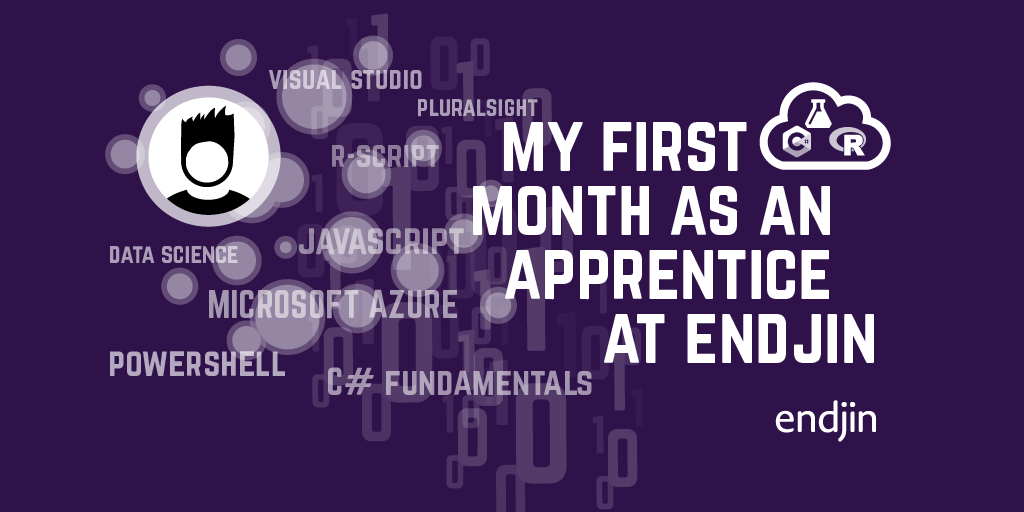
My first month as an apprentice at endjin
Structured apprenticeships provide a great way to build skills whilst getting real-life experience. Endjin's apprenticeship scheme has been refined over years, with an optimal mixture of training, project work, and exposure to commercial processes - a scheme which is designed to build strong foundations for a well-rounded Software Engineering consultant. This post explains the transition from university to an apprenticeship at endjin, including the types of work an apprentice could end up doing, and some examples of real-life learnings from a real-life apprentice.
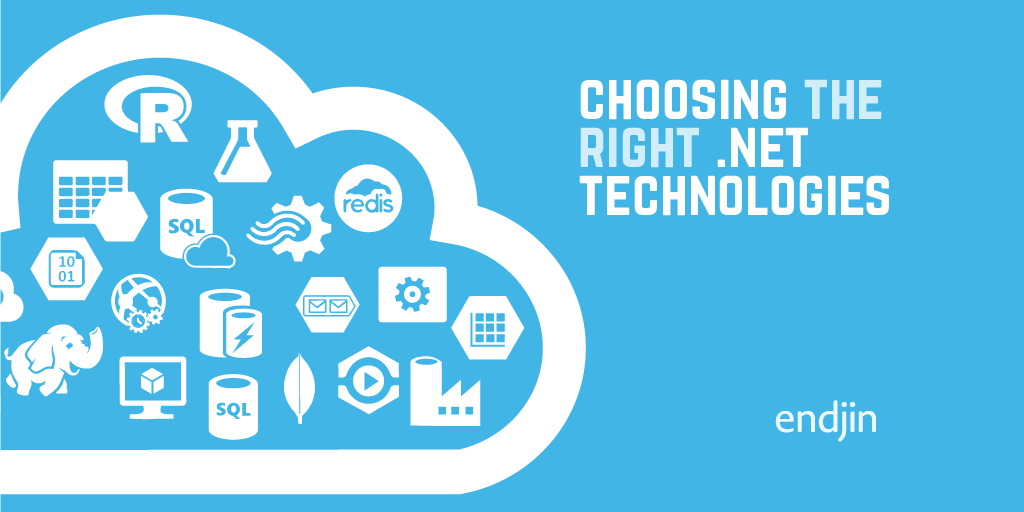
How to choose the right .NET technology or "learn to stop worrying and love NetStandard2.0"
The evolution of .NET is a complex one. We've put together a deck to help you understand what you should choose to use when.
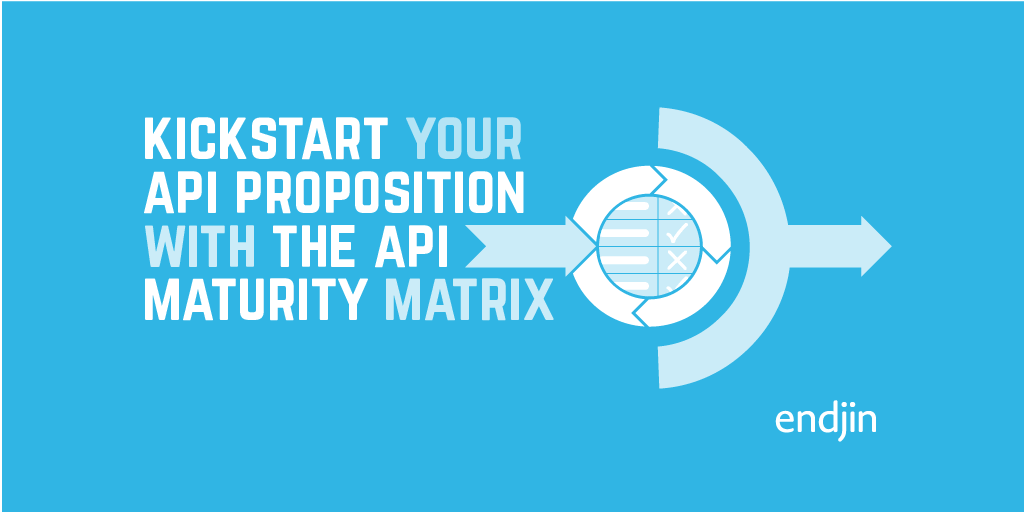
Kickstart your API proposition with the API Maturity Assessment
Explore the importance of API strategy, governance, security, and design in Digital Transformation projects.
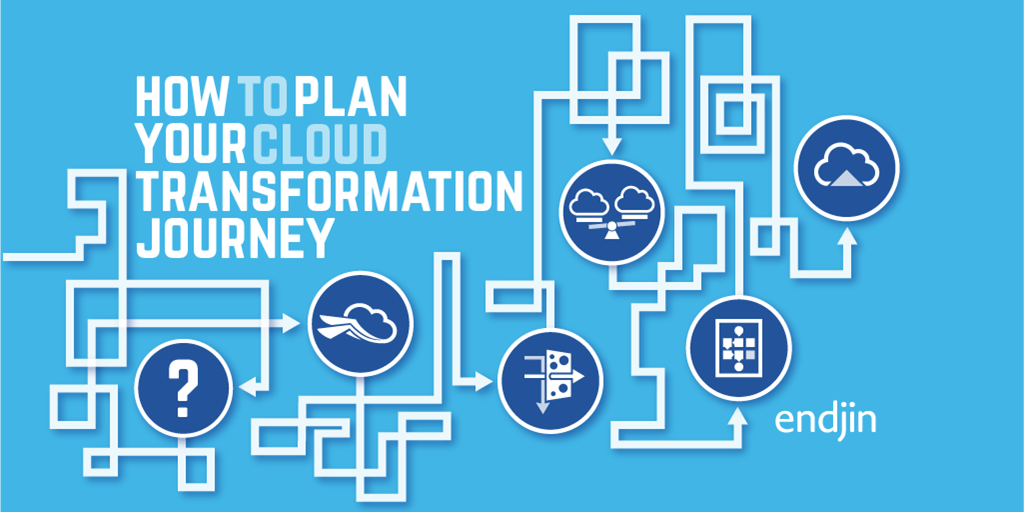
How to plan your cloud transformation journey
We've been helping customers adopt Microsoft Azure since 2010, we have produced a lot of thought leadership to help people think about the steps required, the risk involved and how to plan a successful adoption.
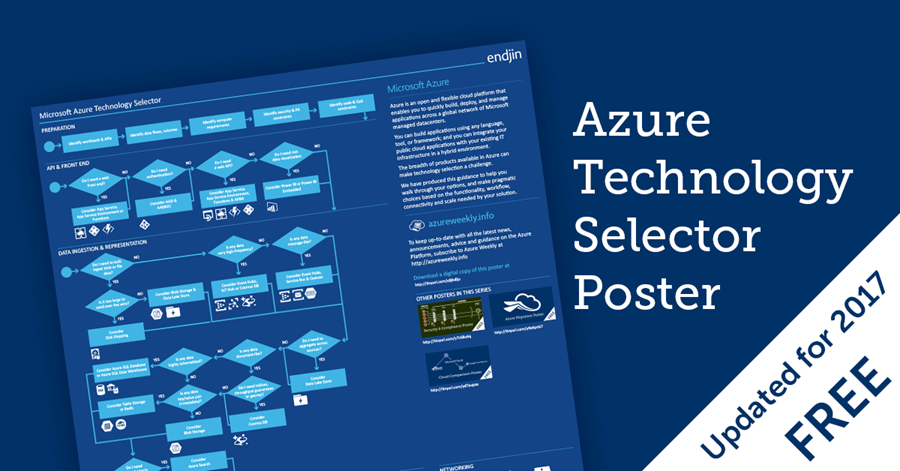
Azure Tech Selector - 2017 Edition
We've just released an updated version of our Azure Technology Selector poster - helping you to choose the right Azure service, based on your use-case.

Best of the Recorded Azure Sessions at BUILD 2017
There were so many good sessions at Microsoft BUILD 2017, we selected our highlights of sessions that you should make time to catch up with.

10 ways working with Microsoft helped endjin grow since 2010
Microsoft recently shot a video interviewing endjin co-founder, Howard van Rooijen, and Director of Engineering, James Broome, about how Microsoft has helped endjin grow over the past decade. This posts the top 10 ways in which Microsoft helped - from providing access to valuable software and services, to opening up sales channels, to helping to navigate the minefield of UK Financial Services regulations around cloud adoption.
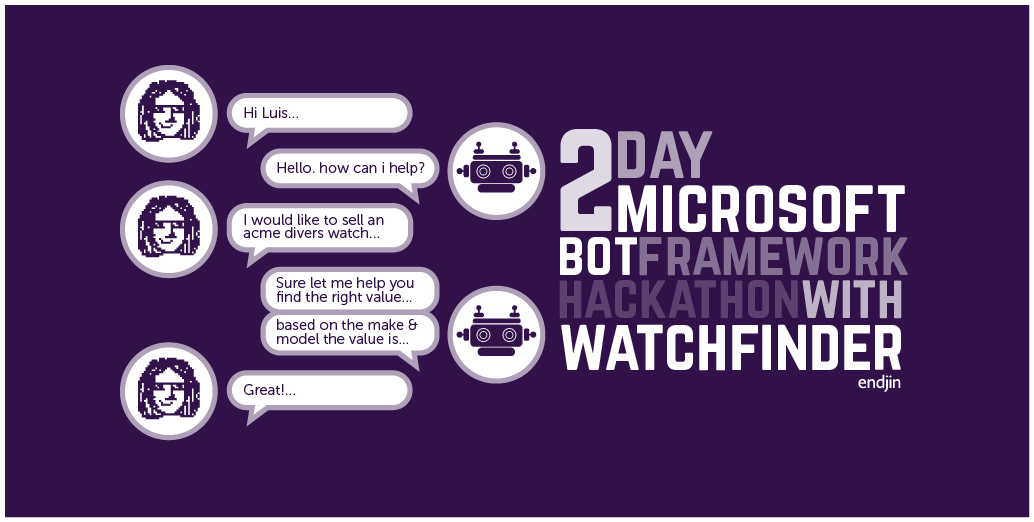
2 Day Microsoft Bot Framework Hackathon with Watchfinder
We ran a two day hackathon with Watchfinder and Microsoft to build a conversational experience to automate the 'sell your watch experience'.
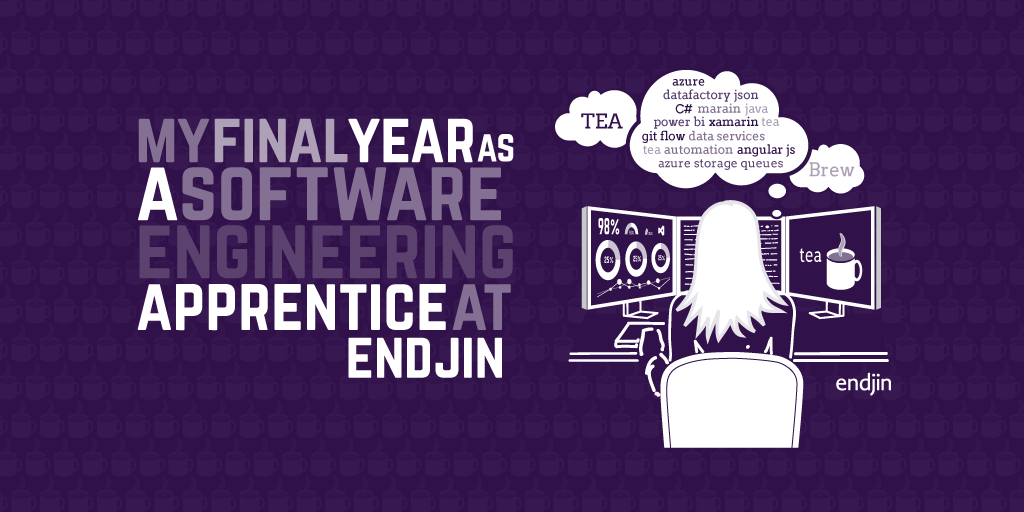
My final year as a software engineering apprentice at endjin
Alice reflects on her final year and an apprentice, what she's learned over the past three years, and the new skills and capabilities she's developed.
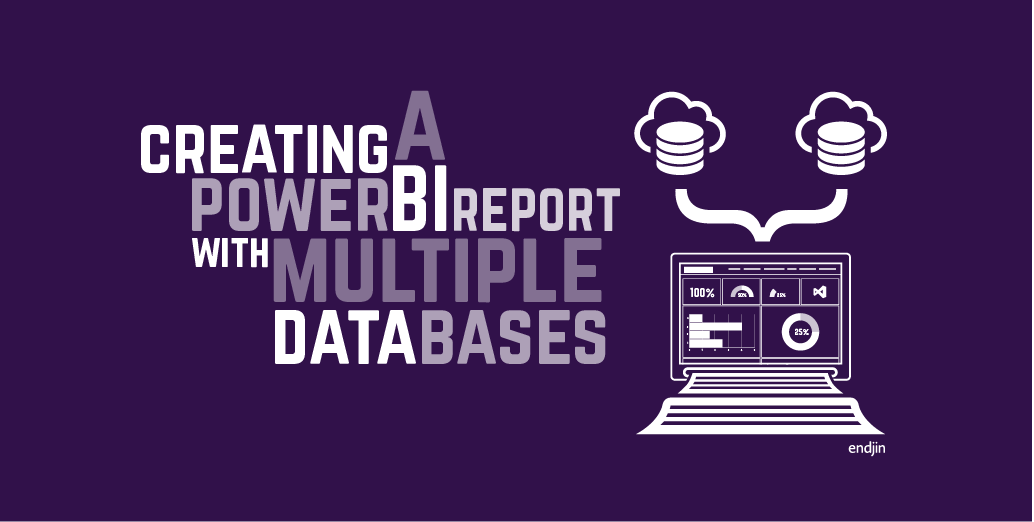
Creating a PowerBI report with DirectQuery and multiple SQL Database sources using Elastic Query
Learn to build a Power BI dashboard using DirectQuery and ElasticQuery across multiple databases with Alice Waddicor.
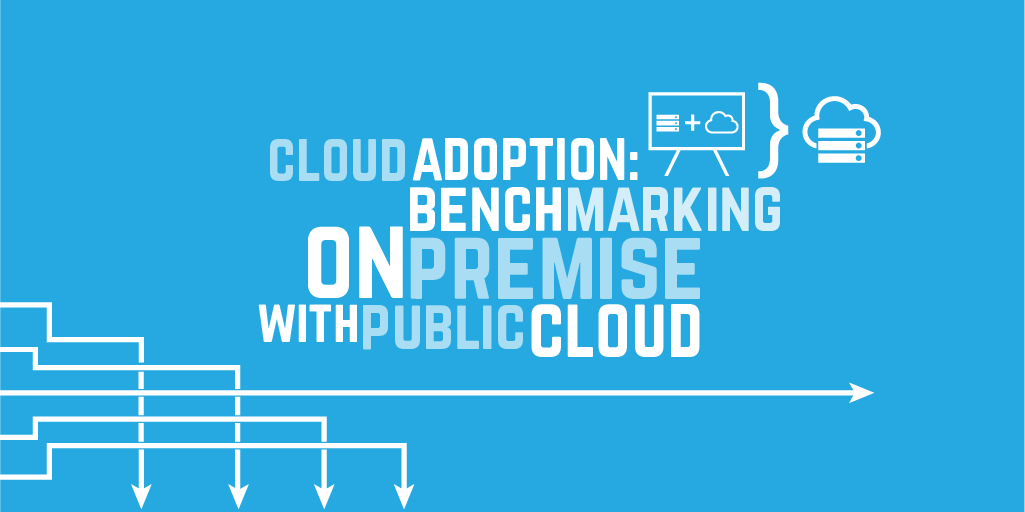
Benchmarking the Cloud against on-premise data centres
In the third and final part in this series we compare the risk of Azure vs the risk of on-premise data centres, using the Swiss Cheese Risk Model.

Is JavaScript still dead?
JavaScript is one of the most popular programming languages, but is it past its sell by date?

Top Gadget Purchases of 2016
In a reflective blog post, I detail some of the recent gadget purchases I've made and am shocked at how many of them are Amazon products.

A Bit of a Christmas Do in the Country with Benchpeg
In 2016, endjin redesigned the Benchpeg website, migrating it from a 10-year-old platform over to our own CMS system - Vellum – so the Benchpeg team could have greater control over their content management and halve the day-to-day workload for generating content. This is a creative post about the practical experiences gained from 1-day silversmithing workshop at the invitation of Benchpeg.

Advanced Azure Resource Manager template patterns – t-shirt sizing and optional resources
Implement using parameters in Resource Manager templates for optional resource deployment and configuration.

Bermondsey barber gets a website for Christmas after featuring in Time Out London
Journalist Danielle Goldstein interviewed local barber Vangelos Georgiou, who has been cutting hair at George Gents' Hairdresser on Bermondsey street (near endjin's old office) since 1970. In the Time Out London article, Georgiou mentioned that he didn't have a phone or website because of the expense. The team at endjin spotted the article and decided to step in and help - building him a new website to help attract and inform customers.

Automating office security with Synology, Surveillance Station, OneDrive and Power Automate
Read about how we set up automated backups of our office security camera footage and used Power Automate to alert us if anything went wrong
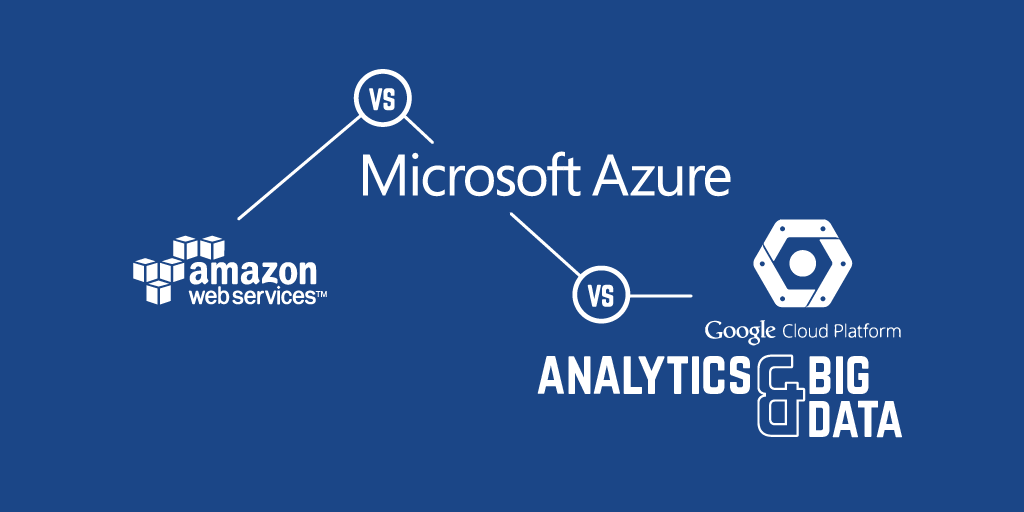
AWS vs Azure vs Google Cloud Platform - Networking
Explore AWS, Azure, and Google Cloud Platform's offerings for cloud migration. Understand their services for your specific needs.
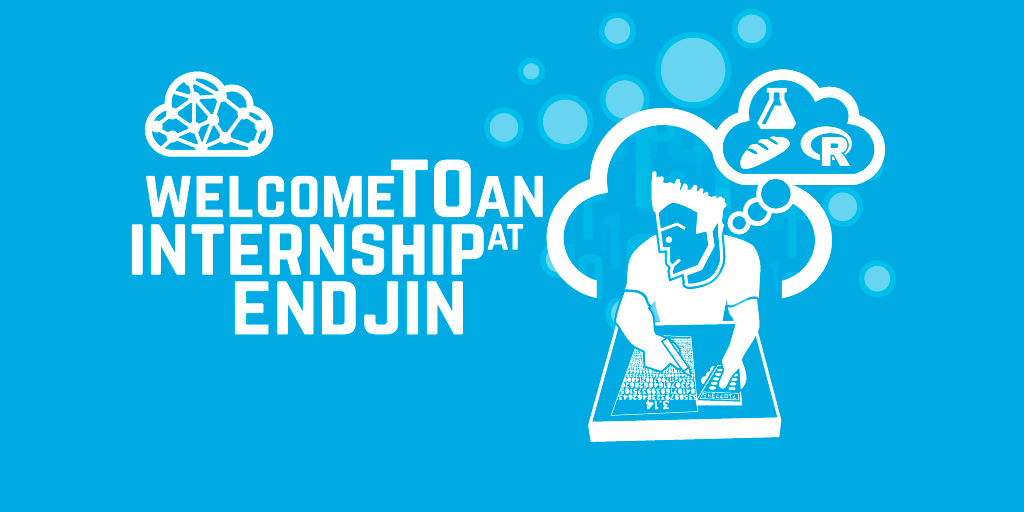
Welcome to an internship at endjin!
A career in software engineering doesn't need to start with a Computer Science degree. The underlying traits of problem solving, a willingness to learn and the ability to collaborate well can be built in any field. Internships provide a great way to get your foot-in-the-door in the professional world, and arm you with some real-life experience for future endeavours. This post describes an internship at endjin, including the type of work you could be asked to do and what you could learn.
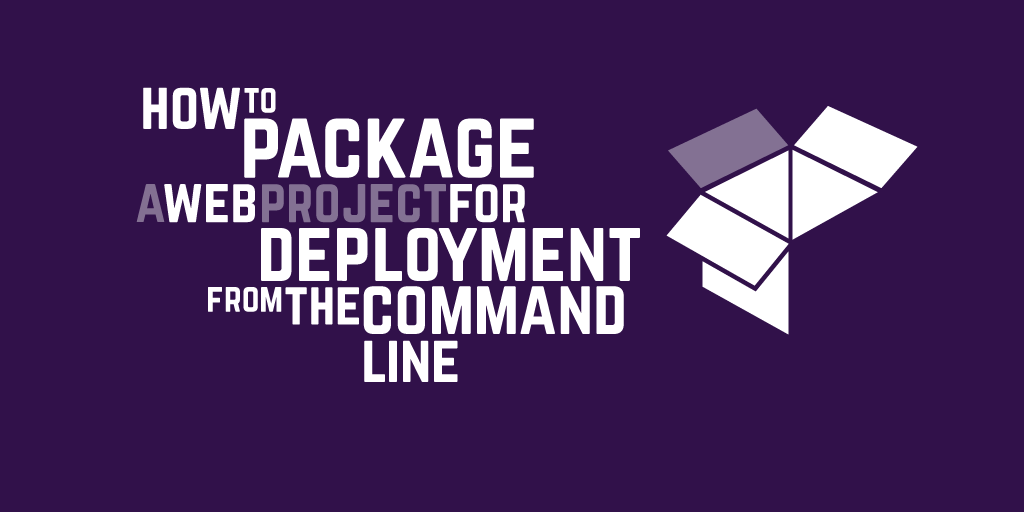
How to package a web project for deployment from the command line
Creating a package to deploy a web project from the command line (for deployment into Azure) is not as easy as it should be. In this post we cover the whole process.